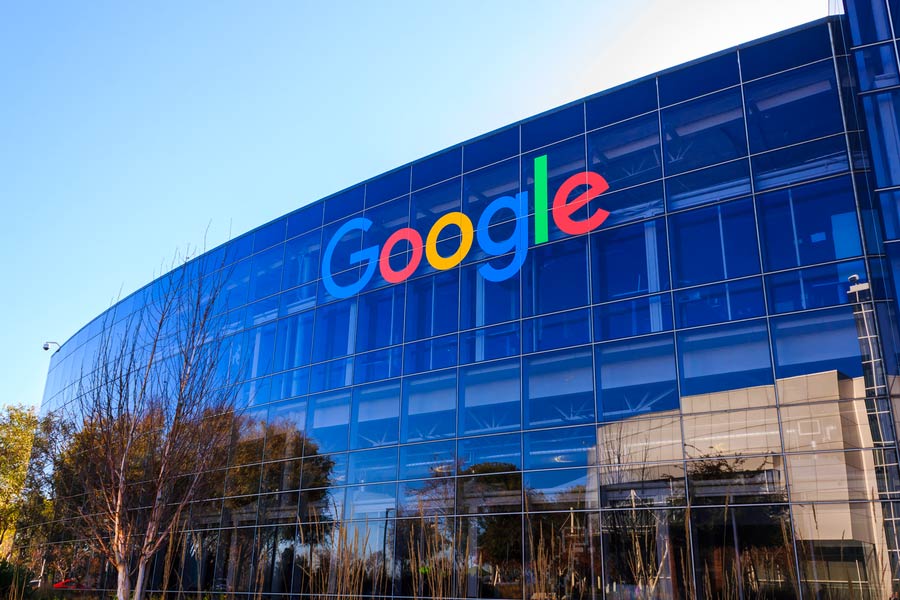The Justice Department said on Tuesday night that it was considering asking a federal court to force Google to break off parts of the company or change its practices in order to eliminate its monopoly in search, moves that could redefine the $2 trillion company’s core business.
In a filing, the government said it could ask the court to require Google to make the underlying data that powers its search engine available to competitors.
It said it was considering asking for “structural” changes to Google to stop the company from leveraging the power of its Chrome browser, Android operating system or Play app store to benefit its search business. But it stopped short of identifying what those changes could be.
“Google’s anticompetitive conduct resulted in interlocking and pernicious harms that present unprecedented complexities in a highly evolving set of markets,” the government said in its filing in the US District Court for the District of Columbia.
“These markets are indispensable to the lives of all Americans, whether as individuals or as business owners, and the importance of effectively unfettering these markets and restoring competition cannot be overstated.”
Lee-Anne Mulholland, Google’s vice president of regulatory affairs, said in a blog post in response to the filing that the company was concerned the Justice Department was “already signaling requests that go far beyond the specific legal issues in this case.”
In a landmark ruling in August, a judge on that court, Amit P. Mehta, said Google “is a monopolist, and it has acted as one to maintain its monopoly.” It crossed a line when it paid companies like Apple and Samsung billions of dollars to be the automatic search engine in web browsers and on smartphones, Judge Mehta ruled in the case, U.S. et al. v. Google.
The Justice Department’s request is the first formal step in a monthslong process that could reshape a company that is synonymous with the act of looking for answers online. Any limits on Google’s search business could help redefine online competition with rivals including Microsoft and OpenAI’s ChatGPT chatbot.
New York Times News Service











